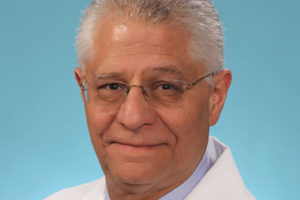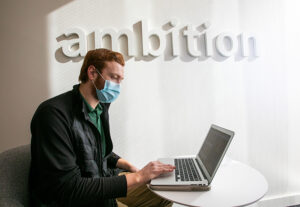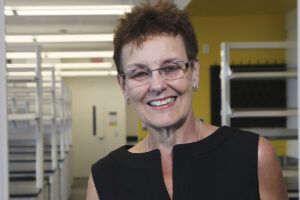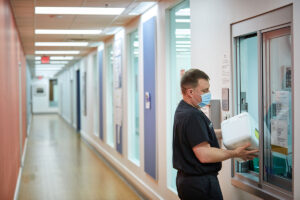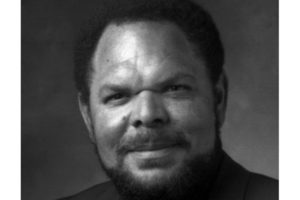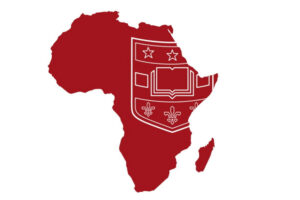The Class of 2025 at Washington University in St. Louis will be talented, driven and diverse — of this Ronné Turner, vice provost for admissions and financial aid, is certain. But the hard work of recruiting and admitting students during this unprecedented admission cycle won’t be easy. Turner and Emily Almas, director of admissions, discuss how the pandemic has changed the admissions landscape.
